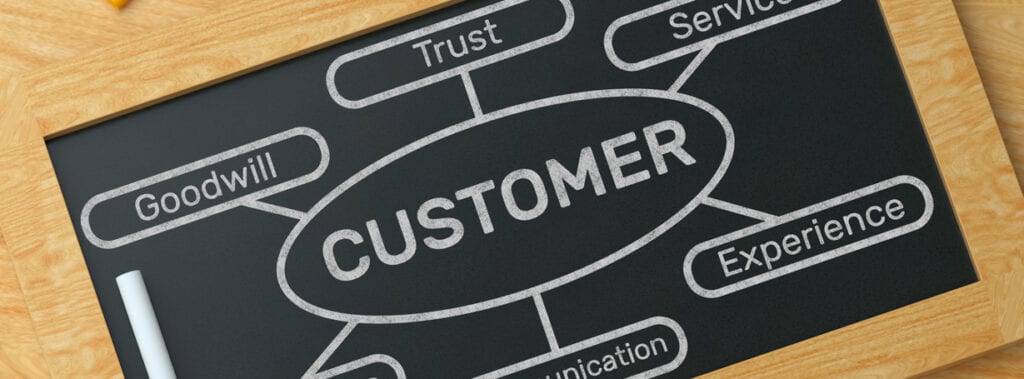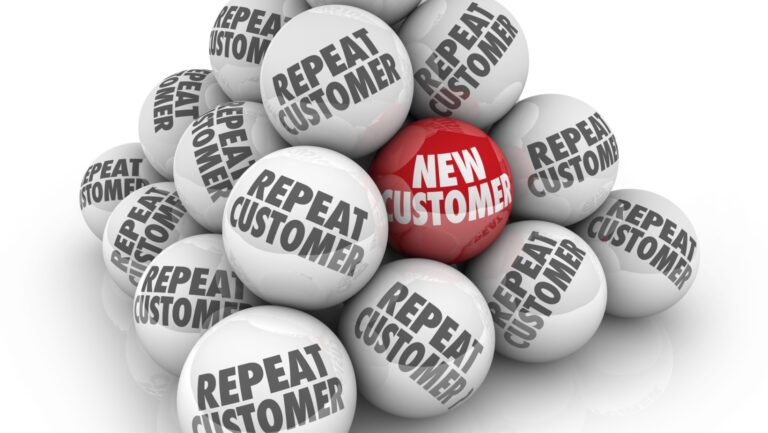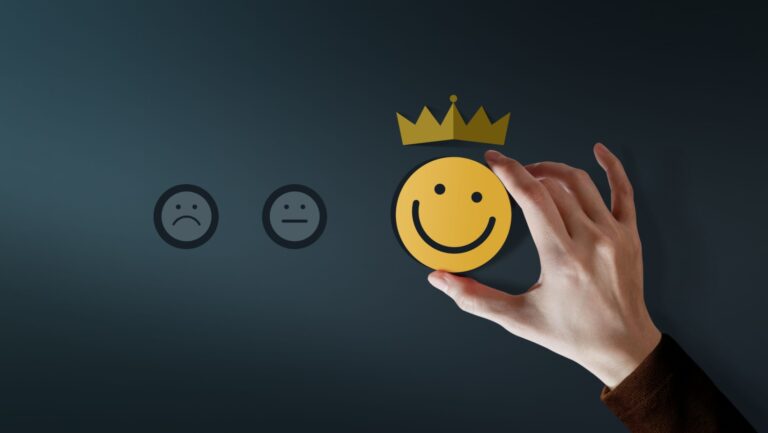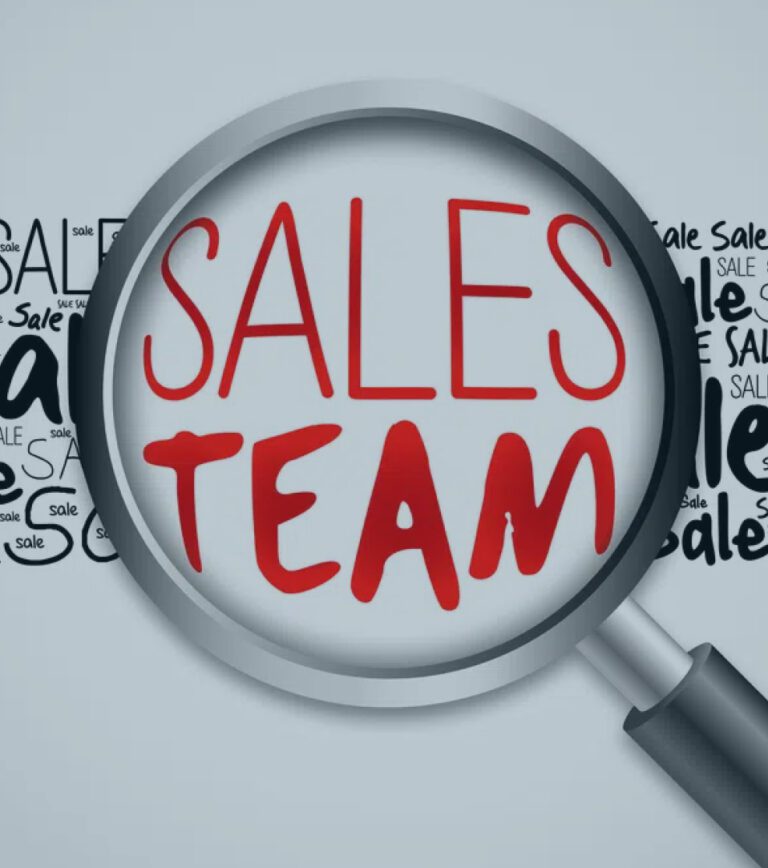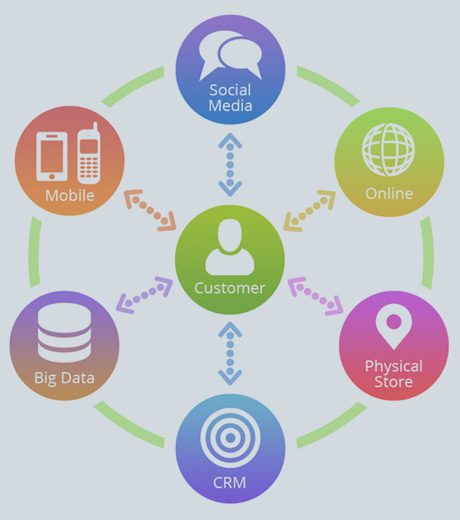Customer loyalty. Wouldn’t you love to have all of your customers be loyal? Why? Loyal customers come back more often, spend more money, buy more items, refer their friends, and provide valuable feedback. These are your best customers. When I was working the floor and saw a be back walk through the door, they received my undivided attention.
Only two things inspire a be back: the product or the salesperson. Most of the time, it’s the salesperson because let’s face it, unless the customer is looking for the purple cow they saw on your floor, they will find a version of the sofa or bedroom at most other stores as well. If a salesperson earns a customer’s return, most would say that a belief guides that employee instilled either from within or from the company that employs, coaches, and trains them. If you are good at this, then it is the store that inspired the belief, and that belief exists within the company’s mission.
That’s why being mission-driven is so critical. The business battle can’t be won if you can’t inspire your team’s employees to deliver the experience that exceeds not only what your customer expects, but also what your competition brings to the market. That is not to say that if your competition is weak in that experience, you can relax, far from it. It’s logical that the difference between merely accommodating a transaction versus making a sale that is born from a great store experience can be several tens of thousands, if not hundreds of thousands, of dollars throughout that customer’s life. That is even more true when you include the recommendations that customers will make to their friends and family. In a world of Google and Yelp, those single experiences are the grains of sand upon which the empire is built, or conversely, brings it crumbling down.
As a loyal customer myself, this is what I know to be true:
- Loyal customers come back more often
- They are comfortable buying additional products and services
- They refer their friends
- They provide valuable feedback
- They cost much less to serve
- They are far less price-sensitive
If you agree, then doesn’t this smack in the face of the accounting metrics of which businesses are run? Metrics that take no account of each sale’s details do not paint a reliable picture of which foundations are built. When a customer comes in and buys a lamp for $200, is that customer not worth just as much as one who spent ten times that? On a spreadsheet, that customer is not worth the cost to print the receipt. In the aggregate, that customer can be extremely valuable because of their voice—that experience share.
We had a policy that no sale was considered delivered unless a handwritten thank-you card was stamped and mailed. There was no commission paid unless that task was checked off. Michael sold a $100 lamp and sat down to write his thank-you note. I’ll never forget him laughing about the fact that this particular customer didn’t even live in town and that the lamp was a hospitality gift. Three months later, that woman came back, asked for Michael, and bought $10,000 worth of stuff. I was at the desk that day, and the lady sought me out to let me know how impressed she was and how lovely it was to get a note from him. ‘Lovely’ was her word, not mine. The personal note not only added to the experience, but it entirely made it. The reward was financially immeasurable. That was in 2007. Michael and I still reminisce about that customer when I run into him during my store visits.
As part of a four-person ownership team of a high-volume furniture operation, I was the black sheep. My partners were very seasoned retailers and extremely profit-driven. Tangibility leads to ROI. RESULTS. I was mission-driven. I was all about the intangibles. I fought for the belief that results were a function of the collective and individual behaviors within a team to cause the results to occur. If you don’t like the results, change the behavior. That seemed simple enough to me, but man, did we have some heated discussions about the best way to improve. If you are like my partners, I’m going to challenge your beliefs. If you’re like me, you may find some validation in what I’m saying that might bring some clarity to some of the touchy-feely parts of your day.
I was hoping it was a great American pontificator like Samuel Clemens who coined the phrase, “If we don’t take care of our customers, someone else will.” Oddly enough, it was NASA astronaut and sixth man to walk on the moon, Edgar Mitchell, and he’s right on the money.
